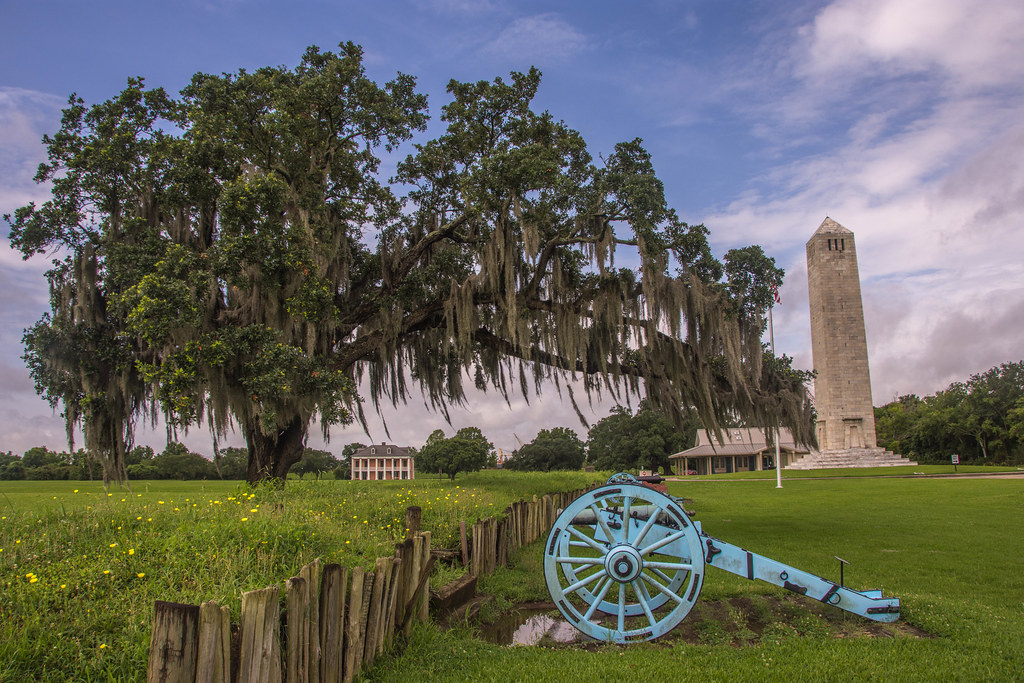Most everyone has an awareness of the Mississippi River no matter their cultural background or geographic familiarity. It would be like never hearing about the Amazon or the Nile. The Mississippi is one of the great rivers of the world and it drains a huge North American watershed. It’s a fixture.
I’ve enjoyed this natural wonder many times over the years. This included an entire vacation that focused specifically upon the Upper-Midwest portion of the Great River Road. It certainly earned the honorific “Mighty” Mississippi.

Except this article isn’t about the Mighty Mississippi
Certainly it’s about the Mississippi River, albeit a more humble, demure Mississippi River. It’s the one in Canada. Even so, I don’t mean the small portions of Alberta and Saskatchewan that fall within the massive footprint of the famous one. Rather I mean the Mississippi River in Ontario, near Ottawa (map).

This version of the Mississippi River flows around 200 kilometres (120 miles). It drains much of the wetlands and lakes southwest of Ottawa. I’ve chosen to highlight only the final segment before it spills into the Ottawa River in the map. Otherwise it’s too small to track easily.
The river seemed quite pretty from reports I read. It flowed through stands of deciduous forests just beyond the edge of the Carolinian Zone. Additionally it supported lots of outdoor activities such as canoeing, kayaking and fishing. This watershed sounded like a rather pleasant place as the Mississippi Valley Field Naturalists described it. I wouldn’t mind seeing it in person someday.
Mississippi Mills

Mississippi Mills is a primary community within the basin (map). Its name reflected more than a century of textile milling powered by the river. However the factories closed their doors quite awhile ago.
The town itself is relatively new. As Lanark County explains, “The former Town of Almonte joined with the townships of Pakenham and Ramsay to form the new Town of Mississippi Mills” in 1998. It has a population of about 12,000 residents in “a diverse community of rural and small town interests covering over 500 square kilometres.” One might think of it as an exurb of Ottawa, about a 40 minute drive away.
Nobody knows for certain how this tributary of a much larger river became the Mississippi. It makes no sense. One popular theory speculates that the name may have derived from an unrelated Algonquian phrase that sounded similar to Mississippi. Then over time it morphed into a form that reflected the spelling of the famous river flowing to the Gulf of Mexico. It’s as plausible as any other explanation I suppose.
A Mexican General

The former town of Almonte (map), at the heart of Mississippi Mills, honors a Mexican general. However, this unusual designation created another odd twist to names within the area. Lanark County explained,
“The former Town of Almonte was named after General Juan Almonte, a Mexican soldier and diplomat. Lauded as a ‘kindly and accomplished gentlemen’ he was venerated by a group of British residents in the late 1800’s.”
That seems to be a bit of revisionist history.
The inhabitants of Almonte provided a different slant. Juan Almonte was a thorn in the side of the United States in the 1850’s, the years immediately following the Mexican war. Residents named their town after Almonte because of lingering hard feelings and distrust in the decades following the War of 1812. Many Canadians viewed the United States as antagonistic during its border expansions of the Nineteenth Century. Residents named the town after a Mexican General as a poke-in-the-eye to the United States.
A British General

Pakenham township also became part of the newly-created Mississippi Mills. People seemed justifiably proud of their local bridge with five masonry arches spanning the Mississippi River. It’s reputed to be the only structure of its type in North America. Numerous sources on the Intertubes made that claim so it must be “true.” Unfortunately I cannot verify any of it. Nonetheless, it’s quite striking although that’s not why I highlighted the former township.
Let’s roll the clock back to the War of 1812 again. General Edward Pakenham apparently stopped there briefly during the war. That was enough of a physical connection to name a town along the Mississippi River for him.

He served as the commanding British general at Battle of New Orleans in 1815 (map). Actually the battle took place after the war ended although combatants didn’t know it at the time. Unfortunately Pakenham died in battle (as depicted in a well-known engraving). Grapeshot from a U.S. artillery position struck and killed him. And the United States won the battle.
Here’s the final irony or indignity depending on how one might wish to view it. Pakenham died along the banks of the Mississippi River. The one in the United States. That’s a nice little poke-in-the-eye in return for all of that Almonte business.
One Final Note

I found one more Mississippi River in Ontario called the Little Mississippi. It got the “little” added to avoid confusing it with all of the others (map). So that made it a third-tier Mississippi. I don’t know much more about it other than it exists.

Leave a Reply